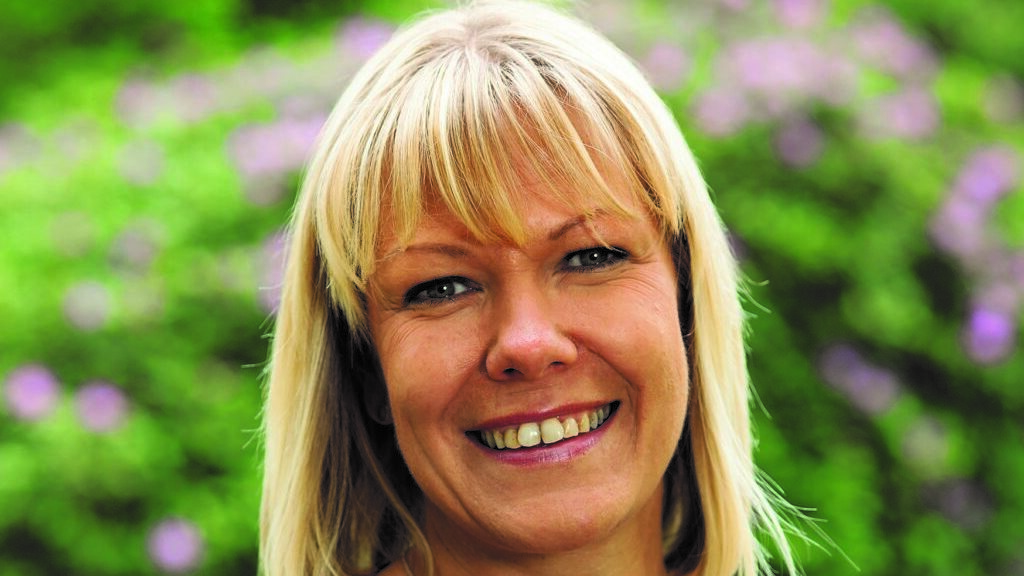LEGAL EXCLUSIVE: Changes to overseas carer sponsorships

Joanna Hunt, partner and head of immigration at DAC Beachcroft, assesses the impact of the changes to the sponsorship system for the care sector
In December 2023, the UK government announced major changes to the skilled worker sponsorship system, following record-breaking net migration figures. The headline was a rise in the general salary threshold for the skilled worker visa from £26,200 to £38,700 and an increase in the ‘going rates’ for many occupations in the UK. It was soon made clear that the health and social care sector would be insulated from some of these measures due to the reliance within the sector on sponsorship to fill staffing shortages.
Fast forward to 14 March 2024, and a new statement of changes to the Immigration Rules has been released setting out the legal framework to these changes which will apply from 4 April 2024. These amount to some of the most significant changes within the sponsorship system for decades.
The good news is the promises to the social care sector have been kept, and health and care worker roles are not going to have to meet the high thresholds. However, what is clear is there have been some changes within the skilled worker system that have created a significant amount of complexity surrounding which salary threshold applies to which worker. Care providers will need to understand these changes to ensure they don’t make mistakes going forward.
Firstly, there are some salary increases to consider, albeit not as large as those applied to non-health and care roles. The general salary threshold for health and care roles will increase from £26,200 to £29,000. Care workers and senior care workers will still be able to benefit from an even lower general salary threshold as these roles have remained on the new-look but slimmed down Shortage Occupation List – now referred to as the Immigration Salary List (ISL). The salary threshold for health and care roles on the ISL will be £23,200.
However, some other health and care roles will no longer be on the ISL and will have to meet the higher salary threshold of £29,000 if they are not on a national pay scale. This includes roles which care providers may sponsor such as care managers. It then gets more complicated as there are further possible salary concessions available for these workers, for instance if they have a PhD or are a new entrant to the labour market.
Care providers will also need to keep in mind that while the Health and Care Worker Visa is only eligible for specific health and care roles, non-health and care roles within a care business are exempt. Care providers may have individuals sponsored who work in IT, finance or administrative roles and these roles will be subject to the higher salary levels of £38,700 from 4 April 2024.
Finally, there are some changes to the rules for supplementary employment for skilled worker visa holders. The current system allows skilled worker visa holders to work for other employers as long as it is only for 20 hours a week, outside of their working hours and in the same role as they are sponsored for or a shortage role. The new rules indicate that supplementary work can now be carried out in any role that is eligible for a skilled worker sponsorship. For care providers who use supplementary workers on an ad hoc basis as bank staff, this will be good news. However, providers will need to be cautious, as they will need evidence that the worker is employed in their sponsored role to remain entitled to work.
For care providers who manage their visa support in-house, the new rules are likely to cause some concern. The immigration system is already complex and the new rules will only make it harder to remain compliant. Getting up to speed with the changes will be key.



